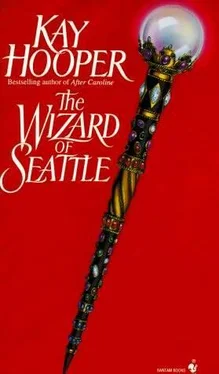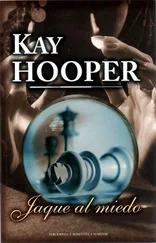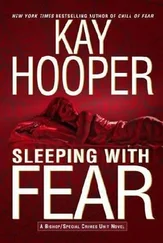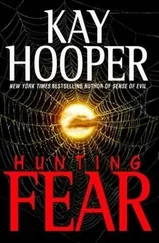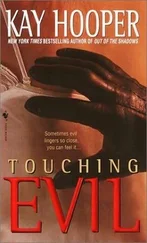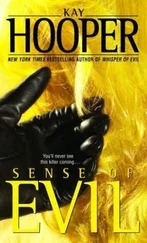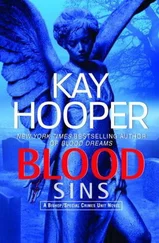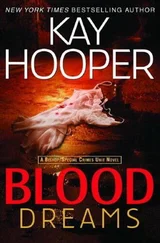"Isn't it obvious? The wizards couldn't live together in a single society. I suppose it hasn't happened elsewhere because we're relatively far-flung and not really a community. Here, with the population so small and isolated, distrust became hate and fear, and that naturally led to turmoil."
How can you convince him we can coexist peacefully when you don't really believe it yourself ? Serena had asked.
Carefully Merlin said, "Then perhaps the answer is simply to avoid isolating a group of wizards anywhere."
"Perhaps." Tremayne shrugged, his expression brooding. "The problem seems almost insurmountable once it's taken hold, I know that much. How do you go about changing beliefs so stubborn they might as well have been written in stone?"
After a moment Merlin said, "Tell me to mind my own business if it bothers you to talk about it, but that last question had the ring of personal experience. That person you were looking for in Sanctuary wouldn't by any chance be a female wizard?"
Tremayne glanced around as if to make certain they were still alone. "Yes, she is," he replied, seeming a bit pent-up, as if he badly wanted to tell someone about this. He was looking at Merlin steadily. "Her name is Roxanne."
Given the size of the population and since no one used surnames, Merlin doubted very much that names were repeated. So Tremayne's Roxanne was undoubtedly the girl they had found near death, the girl whose life he had saved-the girl Serena was with even now.
Roxanne, a female wizard; Tremayne, a male wizard who was definitely interested in her. And wizards never mated among themselves.
Merlin was trying to think, to sort through the possibilities. Has his intervention made the situation better or worse? Had Roxanne died, Tremayne would undoubtedly have grieved-but would he have blamed this splintered society for her death? Probably. With Roxanne alive, he had the opportunity to woo her-but would her wretched experiences of men and wizards place her forever beyond his reach? Possibly-and that would certainly leave him embittered about this society. But if Tremayne and Roxanne actually did leave Atlantis as mates and traveled back to Europa together, would their success in overcoming their natural distrust and wariness of each other have the necessary positive effect on the Council of Elders of this time?
Who could know?
Merlin was very tempted to consult his crystal for a glimpse into the future, but it was his belief-obstinate, according to his father-that knowledge of the future interfered with both human will and fate. Even the wisest would find it difficult to make choices and decisions without being influenced if he knew what the outcome was supposed to be.
He didn't know if that belief would come back to haunt him, but he was not a man who altered his convictions to suit changing circumstances. Not even during the most unsettled periods of his life had Merlin broken his private vow and gazed into the future for answers.
"You probably think I'm mad," Tremayne muttered after Merlin's silence had stretched into minutes. " She thinks I'm mad. And why shouldn't she? Why shouldn't you? I'm beginning to have doubts about it myself."
Merlin shook his head. "No. I don't think you're mad, but I do think you've chosen a difficult path. Perhaps even more so than you realize."
"What do you mean?"
The first intervention had been accidental, Merlin reminded himself; he hadn't really stopped to consider the possible consequences of his saving Roxanne's life, at least not until it was too late to worry about it. But if he went on now, if he did anything at all to help or encourage Tremayne to believe that his desire for a female wizard could be resolved happily, then the intercession would be a deliberate one.
Not only that, but Merlin knew he was running another kind of risk in telling Tremayne what had happened to Roxanne. In most primitive (and many so-called advanced) cultures, the woman was blamed for the crime committed against her, and was almost always afterward considered "spoiled" and completely unacceptable by other men. If Tremayne felt that way, he would certainly turn away from Roxanne, no matter how much he had wanted her.
Merlin had to weigh the possible benefit of Tremayne's knowing what had happened (influencing how he would likely approach a woman who had been so terribly hurt by males) against the risk of his blaming and rejecting her because of what had been done to her. Merlin's instincts told him Tremayne was not stupid, irrational, or insensitive enough to do that, but he couldn't be sure he was right about it.
Christ, he couldn't be sure about any of it-and the future was at stake. How much could he risk when there was no way to be certain whether he was right? And if he did take the risk of interfering, was it even possible for him to advocate something that made his own deepest instincts cry out in alarm?
How can you convince him we can coexist peacefully when you don't really believe it yourself?
Because he had to. For the sake of the future, he had to. And for the sake of the terrifyingly fragile bond still connecting him and Serena. These days away from her had convinced him of one thing beyond doubt-that she occupied a place in his life and in himself nothing else would ever be able to fill. He felt half alive without her, incomplete, and their awkward leave-taking had left him with an aching sense of loss.
Lose Serena? The possibility of that stirred in him emotions even stronger and fiercer than those created by an ancient taboo. No, he couldn't lose her. He had to find a way. Not to merely coexist with her, but to tear down the wall primitive fears and mistrusts had raised between them and build a true and lasting bond with her. He needed that, though until this moment he hadn't realized it.
His hesitation lasted only an instant, though it seemed much longer. Turning his thoughts with difficulty away from Serena and obeying his instincts about the other man, Merlin quietly told Tremayne about how he and Serena had found Roxanne that first morning. He didn't go into detail about her condition, but what little he said made it very clear what she had gone through at the hands of powerless rapists.
"I tried to heal more than her body, setting the pain and trauma at a distance for her, but it isn't something she's ever going to forget," he told Tremayne. "Even if she doesn't blame you personally for the situation the male wizards here have created, I doubt that she'll feel very… agreeable toward any man."
Tremayne didn't say a word. He was utterly still, apparently gazing out over the valley below as if the view interested him. He didn't even appear to notice when Merlin eased away from him.
With half the length of the terrace between them, Merlin stopped and watched the younger wizard with the wary gaze of a bomb expert handed a ticking package. He saw Tremayne's aura become visible, a shimmering halo that was at first different colors but quickly turned an angry red.
What he was seeing was anger, rage. And Merlin knew better than to intrude while the powerful emotions ran their course. Though Master wizards never displayed their auras, simply because they had learned to control all aspects of their inborn power, lesser wizards sometimes allowed their emotions to overwhelm them. Tremayne's fury over what had happened to Roxanne was perfectly understandable, and Merlin sympathized, but there was nothing he could do to make it easier for the younger man.
He stood by silently, waiting, and when white-hot threads of energy escaped Tremayne's aura like a shower of sparks and rained down on the garden below the terrace, Merlin instantly doused the tiny flames ignited. He was careful not to allow his own energy to touch the younger wizard's, saving them both a nasty jolt, and kept a wary eye turned toward the house because he hoped he wouldn't have to explain this to his host.
Читать дальше
